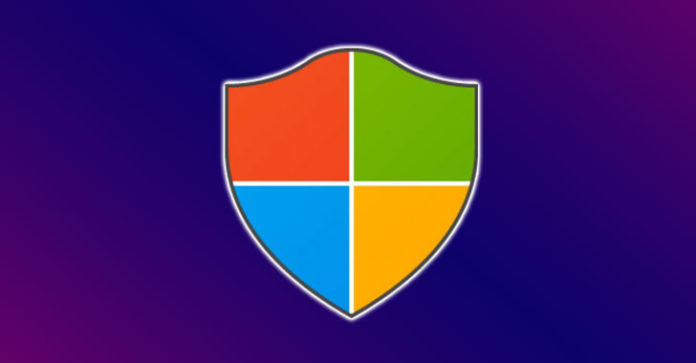Microsoft’s Patch Tuesday update for March 2023 is rolling out with remediations for a set of 80 security flaws, two of which have come under active exploitation in the wild.
Eight of the 80 bugs are rated Critical, 71 are rated Important, and one is rated Moderate in severity. The updates are in addition to 29 flaws the tech giant fixed in its Chromium-based Edge browser in recent weeks.
The two vulnerabilities that have come under active attack include a Microsoft Outlook privilege escalation flaw (CVE-2023-23397, CVSS score: 9.8) and a Windows SmartScreen security feature bypass (CVE-2023-24880, CVSS score: 5.1).
CVE-2023-23397 is “triggered when an attacker sends a message with an extended MAPI property with a UNC path to an SMB (TCP 445) share on a threat actor-controlled server,” Microsoft said in a standalone advisory.
A threat actor could leverage this flaw by sending a specially crafted email, activating it automatically when it is retrieved and processed by the Outlook client for Windows. As a result, this could lead to exploitation without requiring any user interaction and before even the message is viewed in the Preview Pane.
Microsoft credited the Computer Emergency Response Team of Ukraine (CERT-UA) with reporting the flaw, adding it is aware of “limited targeted attacks” mounted by a Russia-based threat actor against government, transportation, energy, and military sectors in Europe.
CVE-2023-24880, on the other hand, concerns a security bypass flaw that could be exploited to evade Mark-of-the-Web (MotW) protections when opening untrusted files downloaded from the internet.
It is also the consequence of a narrow patch released by Microsoft to resolve another SmartScreen bypass bug (CVE-2022-44698, CVSS score: 5.4) that came to light last year and which was exploited by financially motivated actors to deliver Magniber ransomware.
“Vendors often release narrow patches, creating an opportunity for attackers to iterate and discover new variants,” Google Threat Analysis Group (TAG) researcher Benoit Sevens said in a report.
“Because the root cause behind the SmartScreen security bypass was not addressed, the attackers were able to quickly identify a different variant of the original bug.”
TAG said it observed over 100,000 downloads of malicious MSI files signed with malformed Authenticode signature since January 2023, thereby permitting the adversary to distribute Magniber ransomware without raising any security warnings. A majority of those downloads have been associated with users in Europe.

The disclosure comes as the U.S. Cybersecurity and Infrastructure Security Agency (CISA) added the two flaws to the Known Exploited Vulnerabilities (KEV) catalog and announced a new pilot program that aims to warn critical infrastructure entities about “vulnerabilities commonly associated with known ransomware exploitation.”
Also closed out by Microsoft are a number of critical remote code execution flaws impacting HTTP Protocol Stack (CVE-2023-23392, CVSS score: 9.8), Internet Control Message Protocol (CVE-2023-23415, CVSS score: 9.8), and Remote Procedure Call Runtime (CVE-2023-21708, CVSS score: 9.8).
Other notable mentions include patches for four privilege escalation bugs identified in the Windows Kernel, 10 remote code execution flaws affecting Microsoft PostScript and PCL6 Class Printer Driver, and a WebView2 spoofing vulnerability in the Edge browser.
Microsoft also remedied two information disclosure flaws in OneDrive for Android (CVE-2023-24882 and CVE-2023-24923, CVSS scores: 5.5), one spoofing vulnerability in Office for Android (CVE-2023-23391, CVSS score: 5.5), one security bypass bug in OneDrive for iOS (CVE-2023-24890, CVSS score: 4.3), and one privilege escalation issue in OneDrive for macOS (CVE-2023-24930, CVSS score: 7.8).
Rounding off the list are patches for two high-severity vulnerabilities in the Trusted Platform Module (TPM) 2.0 reference library specification (CVE-2023-1017 and CVE-2023-1018, CVSS scores: 8.8) that could lead to information disclosure or privilege escalation.
Software Patches from Other Vendors
Aside from Microsoft, security updates have also been released by other vendors since the start of the month to rectify several vulnerabilities, including —
Source: thehackernews.com










